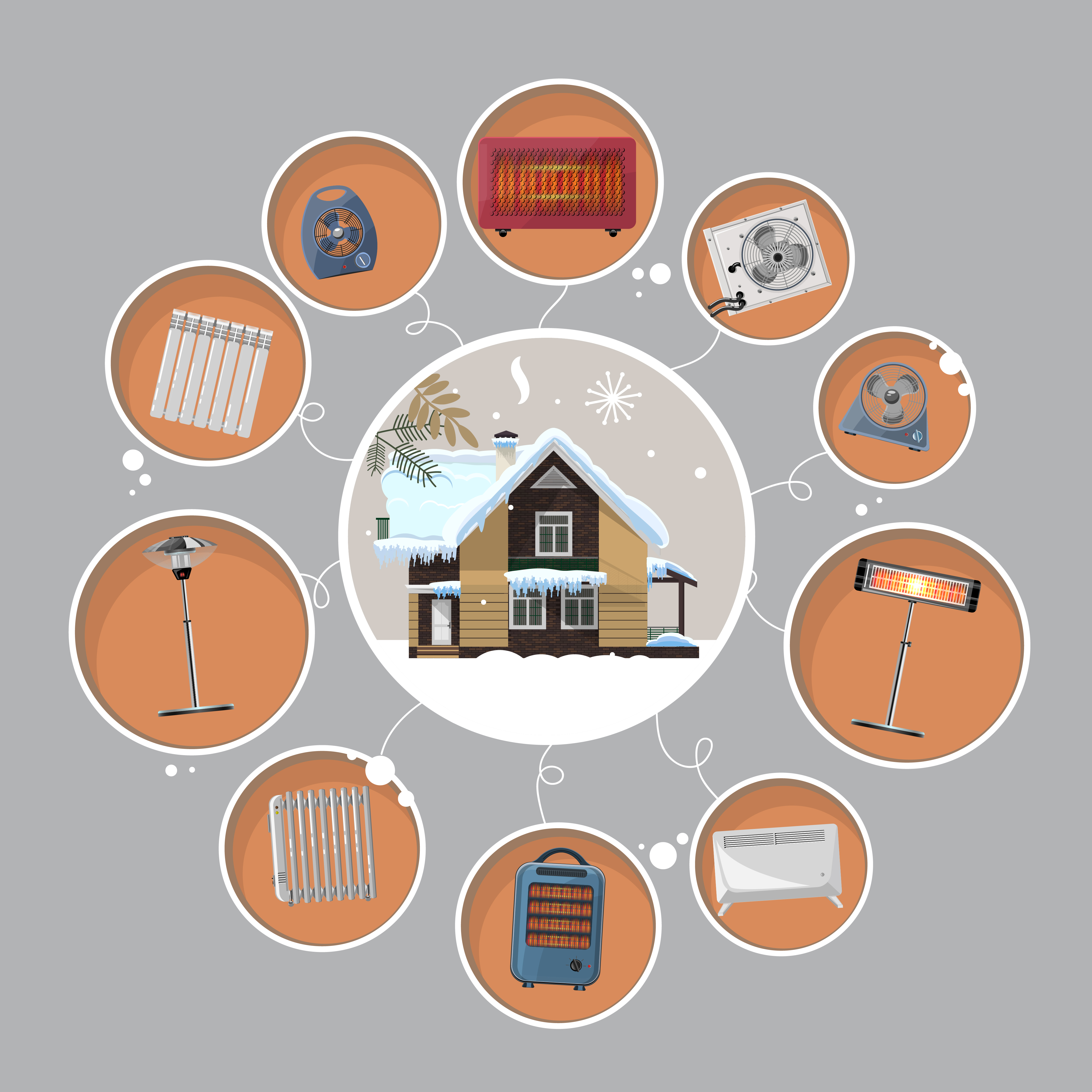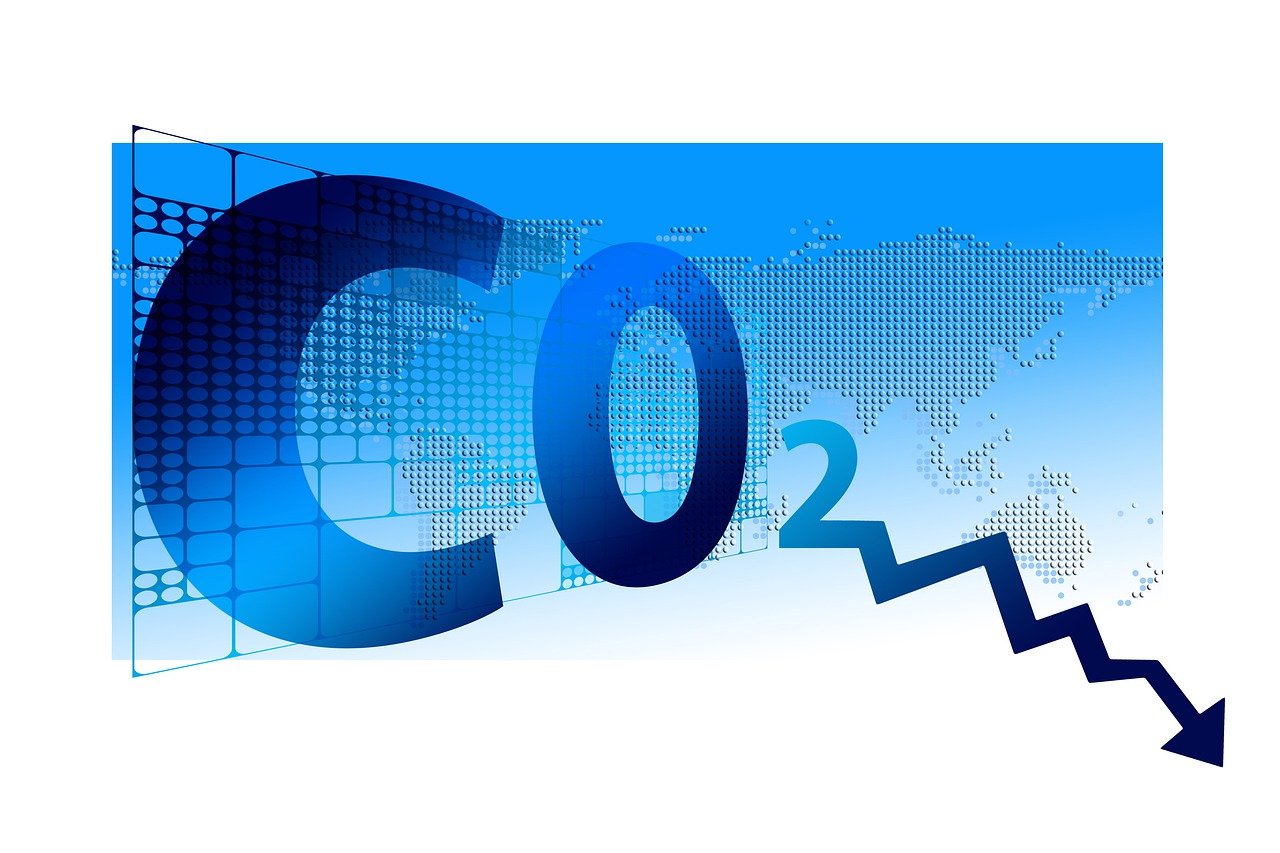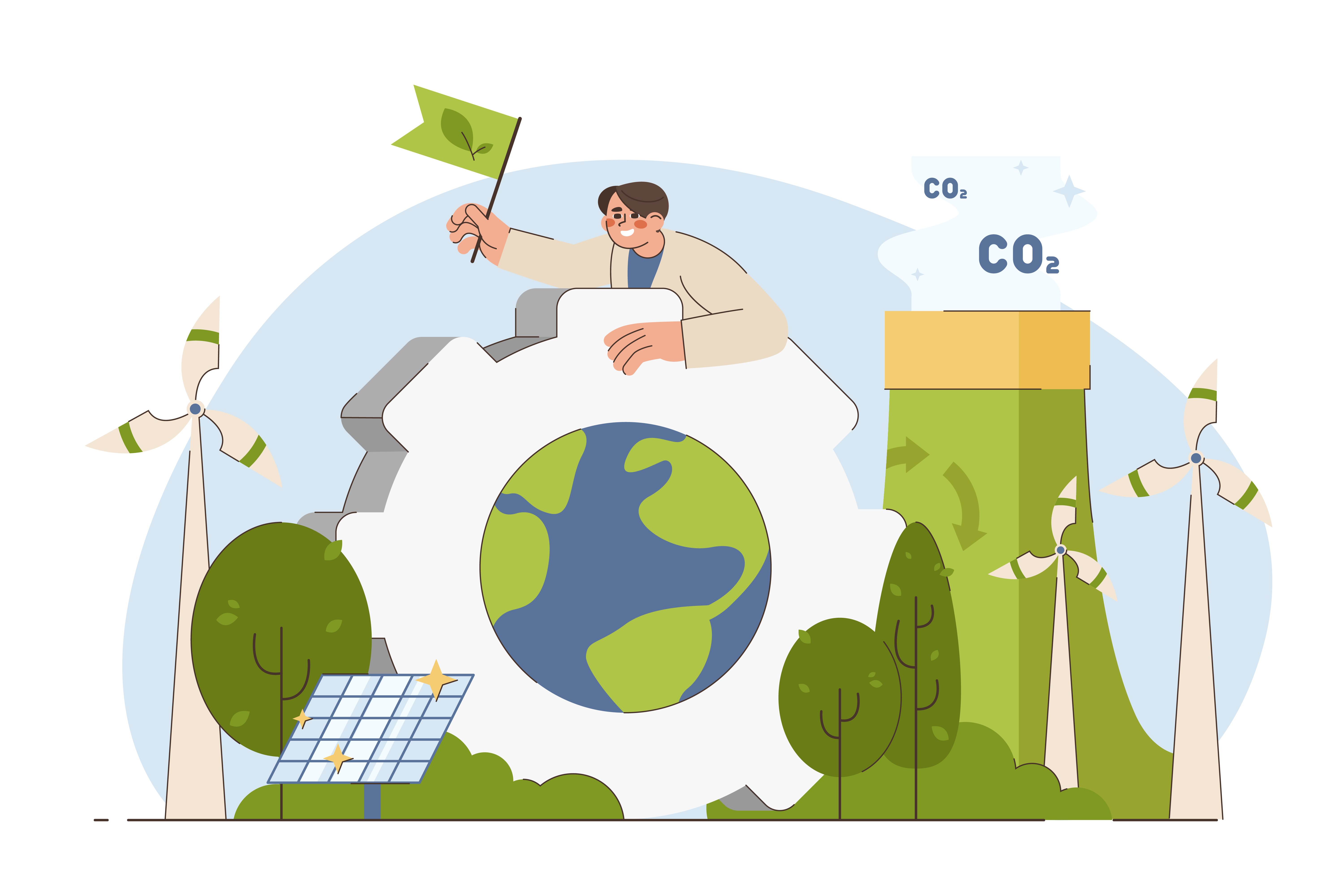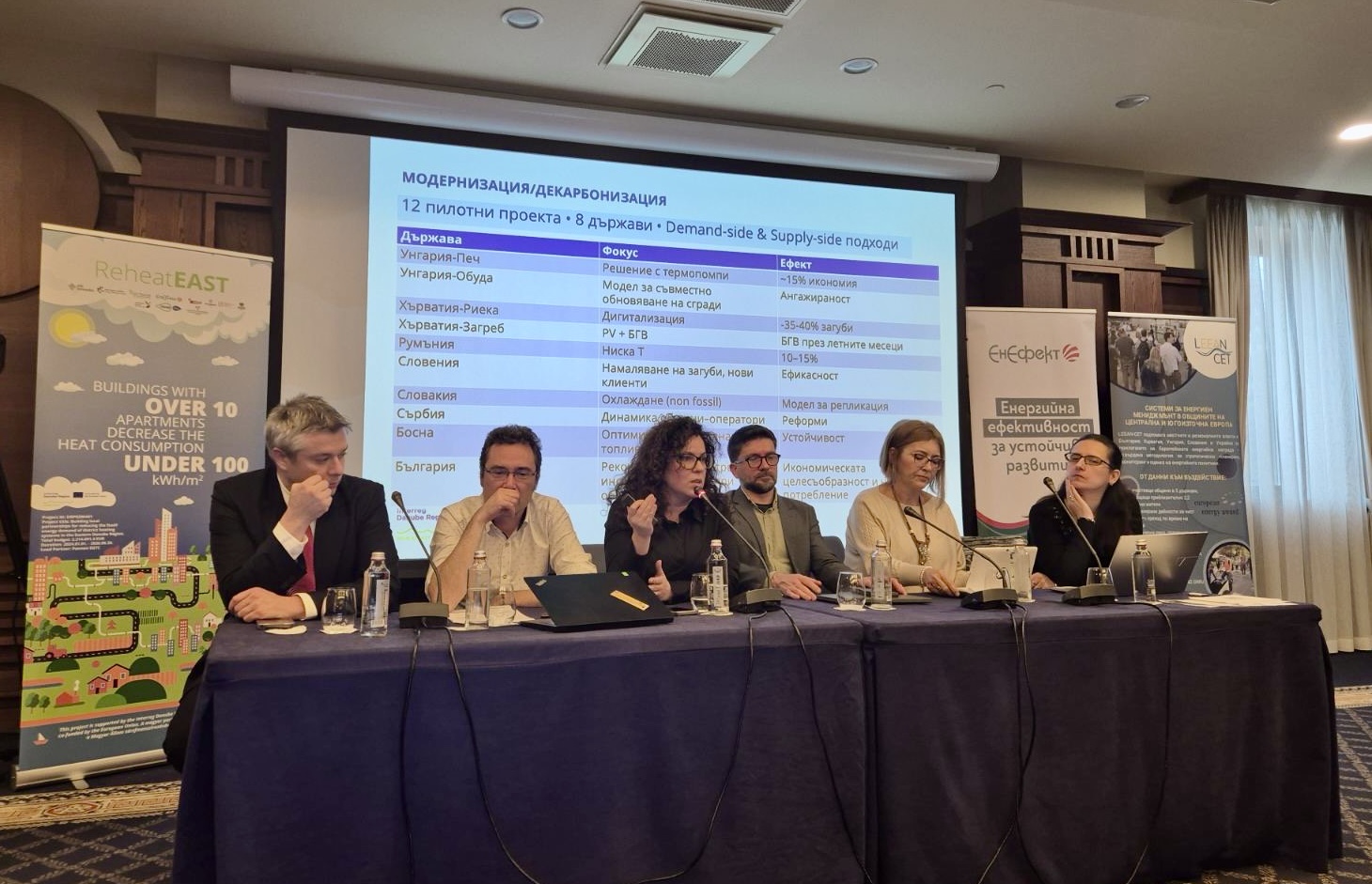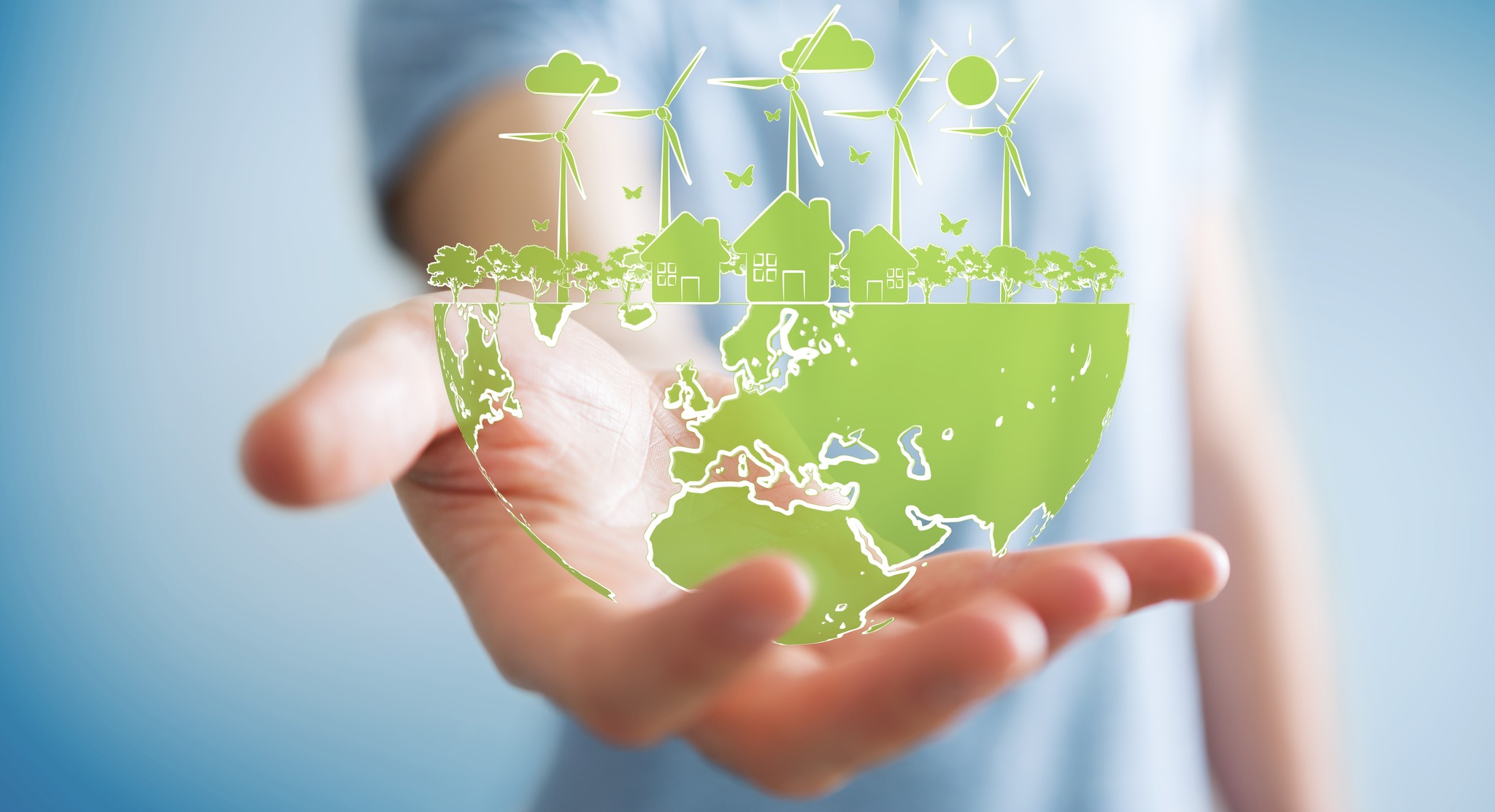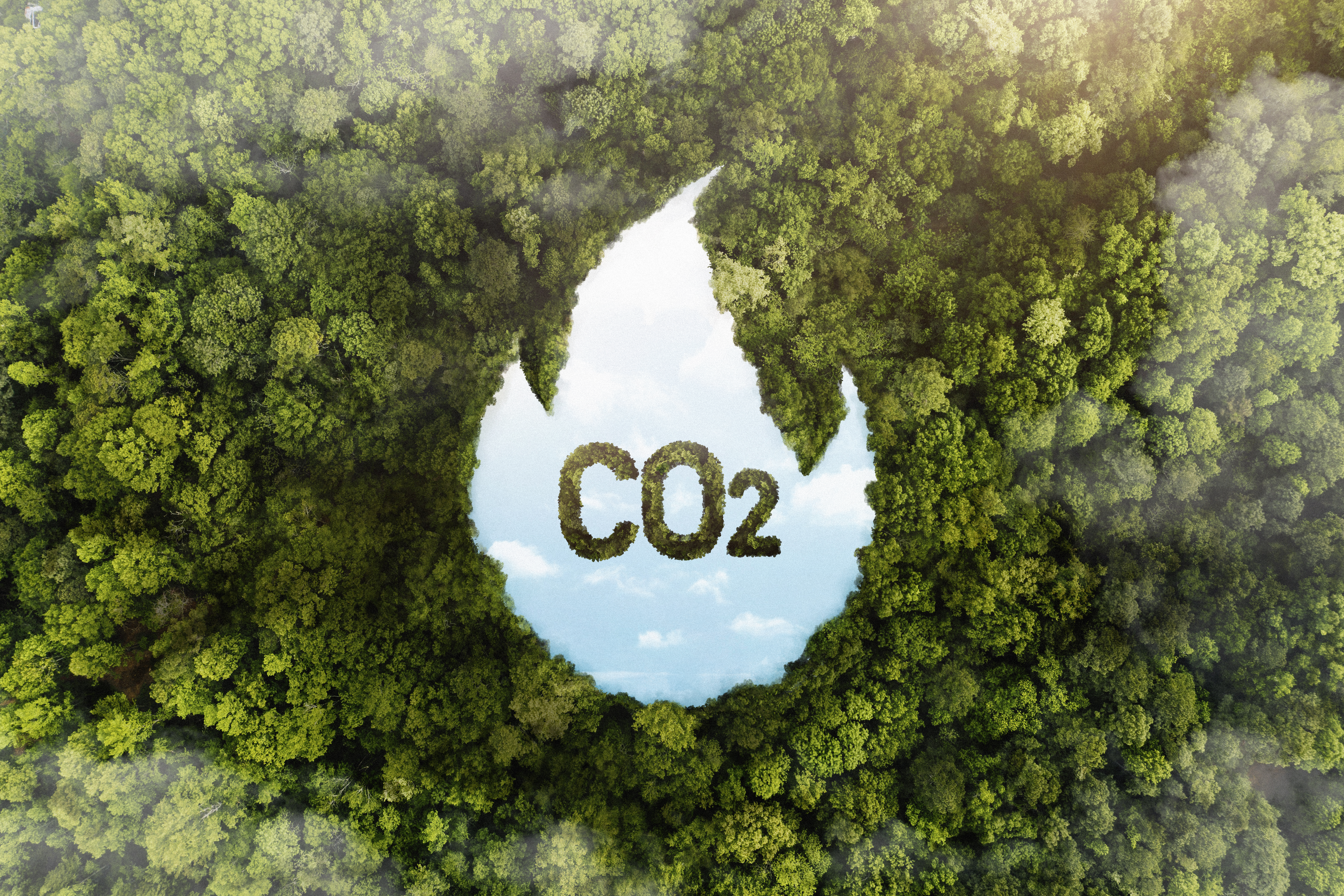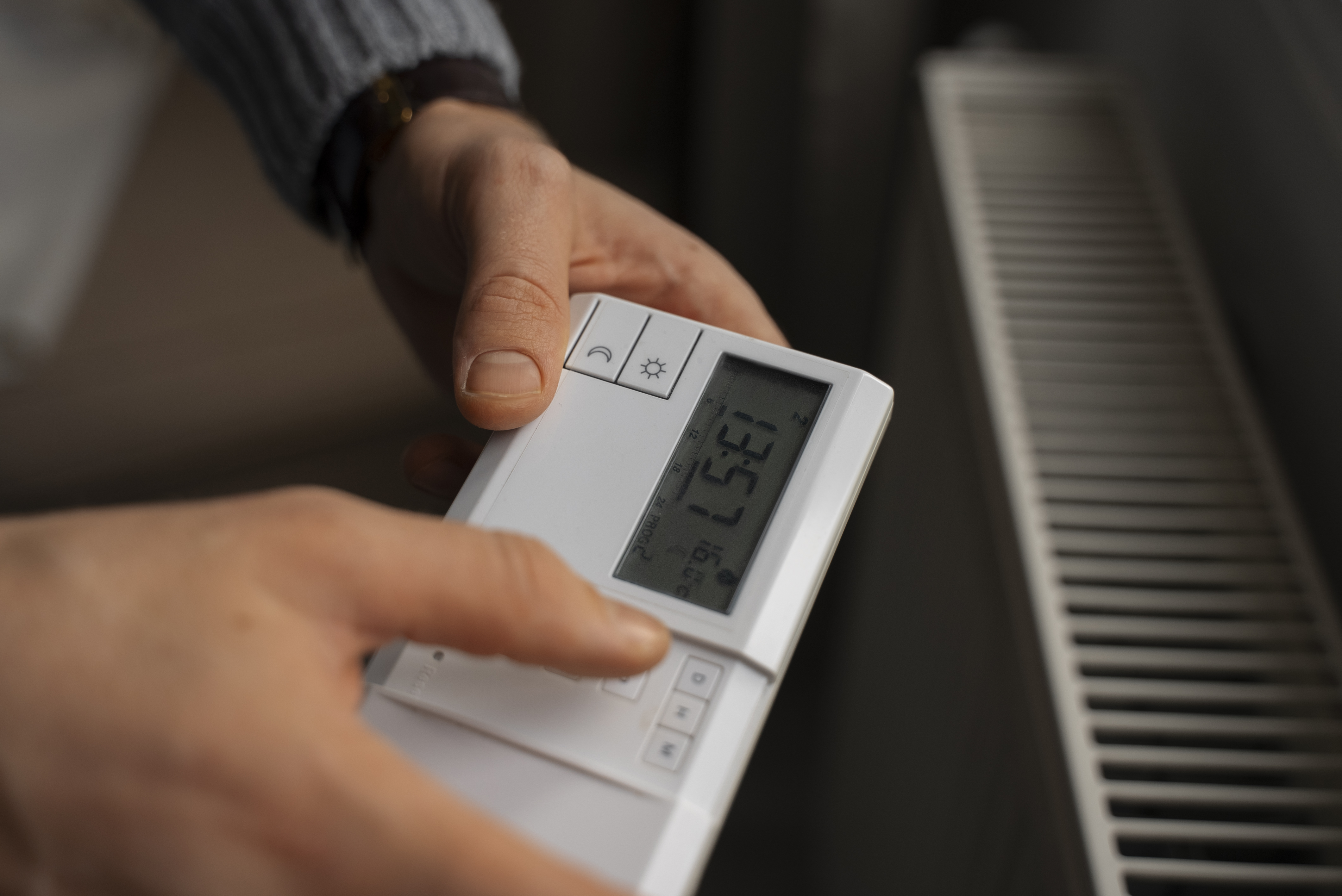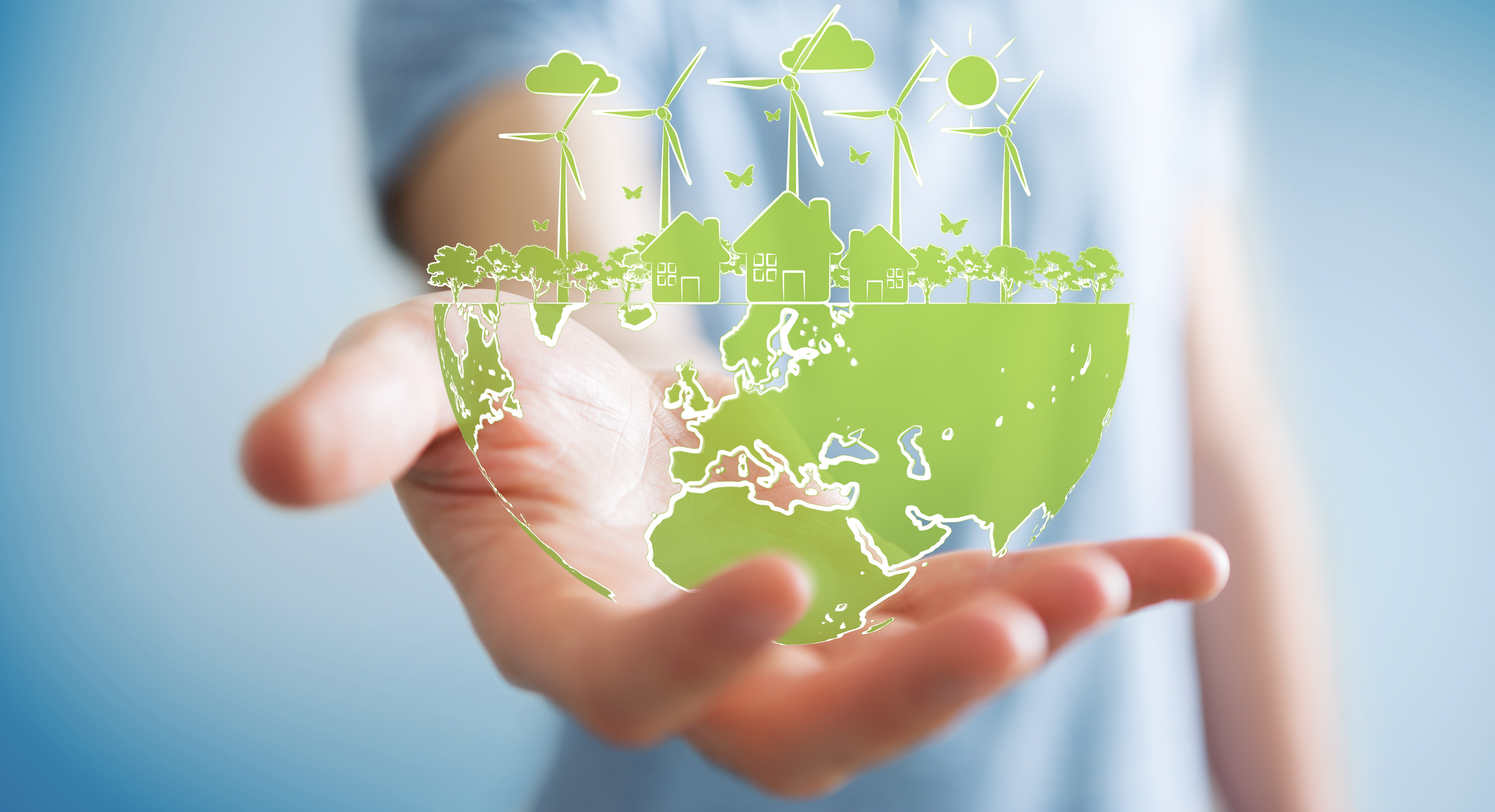
REHEATEAST
Building local partnerships for reducing
the fossil energy demand of district
heating systems in the Eastern Danube Region

Gerd Altmann on Pixabay
In the Eastern Danube Region, district heating and cooling (DHC) systems face several common challenges to become financially and environmentally sustainable. DHC systems and district-heated buildings are often outdated, poor and inefficient, using (primarily imported) fossil fuels. Energy poverty, as well as the demand for government subsidies of fossil fuel consumption is high. This calls for both supply and demand side upgrades to reduce energy demand and fossil fuel usage.
REHEATEAST aims to reduce DHC systems’ fossil energy demand and to integrate renewable energy and waste heat. It shall encourage multi-stakeholder, cross-sectoral, public-private cooperation and develop, test, promote and distribute applicable (process, technical and nature-based) solutions catalysing and supporting the implementation of large-scale building and systems rehabilitation programs, as well as climate adaptation measures. Transnational cooperation enables the adaptation of existing good practices in similar contexts, and the joint development of adaptable cooperation and optimisation models focused on integrating digitalisation, standardisation, certification and green procurement opportunities, involving all relevant stakeholders (incl. public authorities, consumers, financial institutions, utilities, media, technology suppliers and construction firms). Developed models are tested in pilot actions.
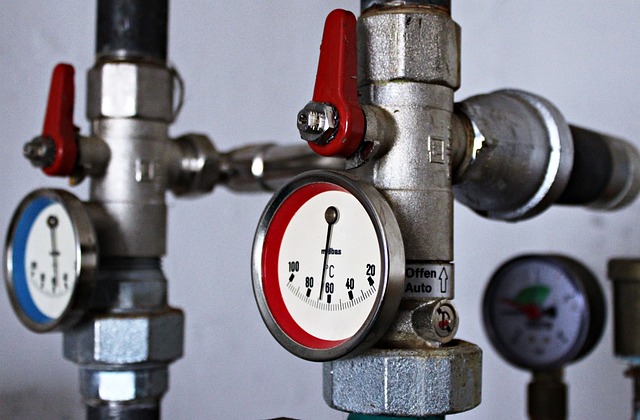
Werner Weisser's photograph on Pixabay.
REHEATEAST also formulates policy recommendations addressing DHC systems’ common challenges in the Eastern Danube Region. REHEATEAST is in line with the REPowerEU plan (article 23 of the Renewable Energy Directive, and articles 23 and 24 of the Energy Efficiency Directive) and brings together the complementary knowledge and skills of 11 partners and 27 ASPs from 11 countries (that is all Danube Region countries facing the challenge of outdated district heating systems), including ministries, energy agencies, target users (DHC-operators and municipalities), as well as NGOs.
News & Events
Read the most recent updates and explore the upcoming events.
Project overview
Need any help? Contact us!

Judit Kis-Pongrácz
project manager

dr. Judit Füzér
communication manager

Lívia Tóth
financial manager

